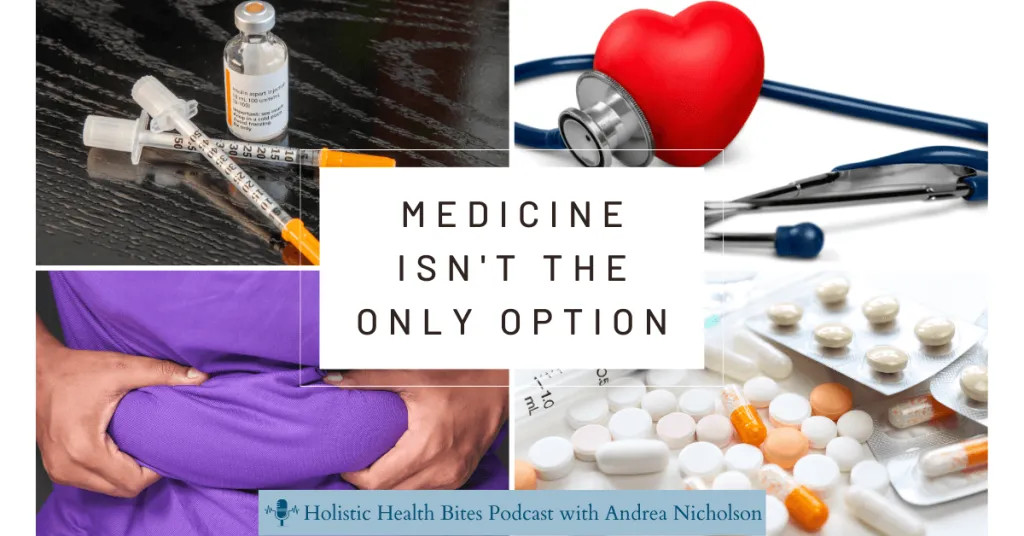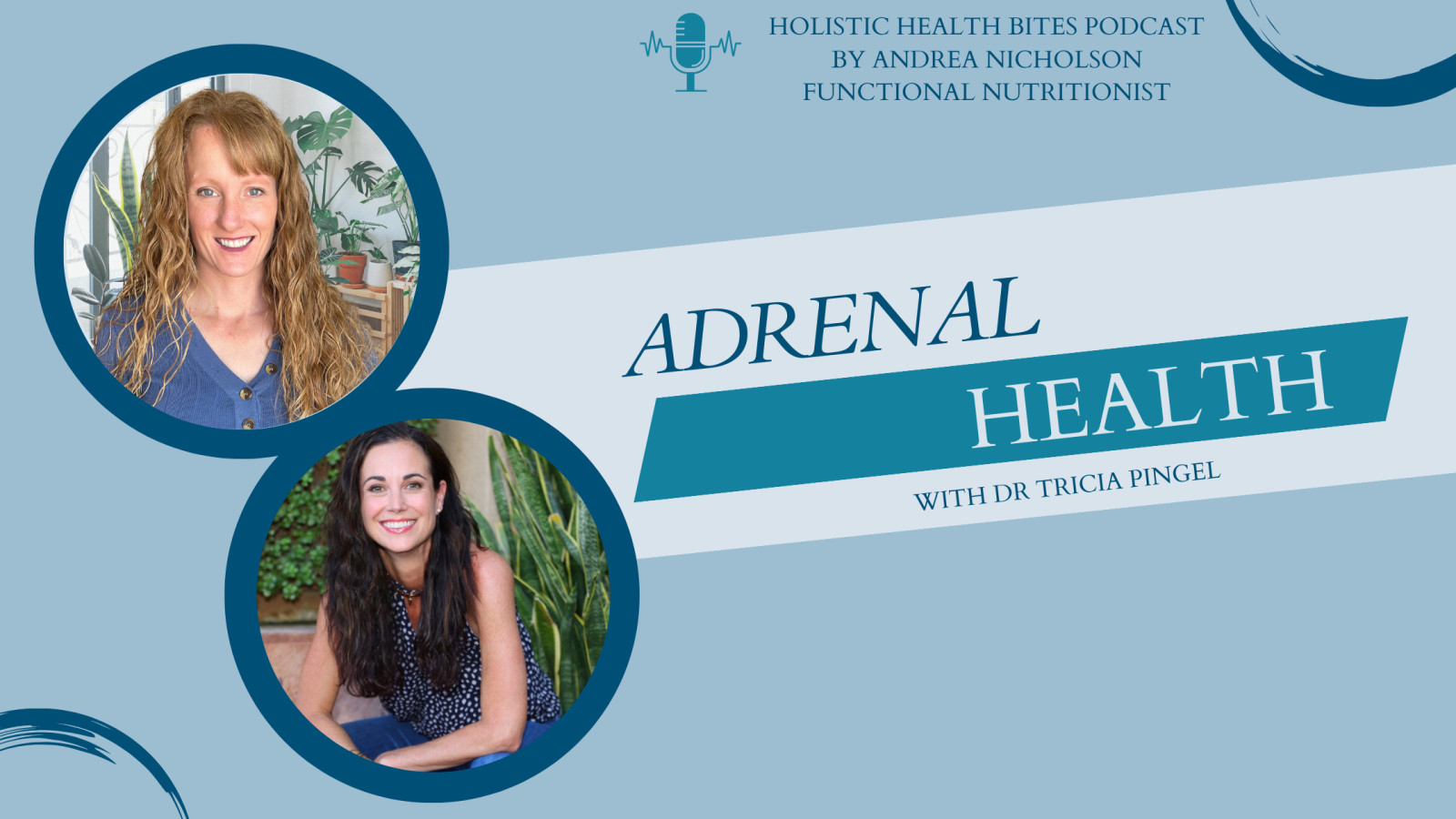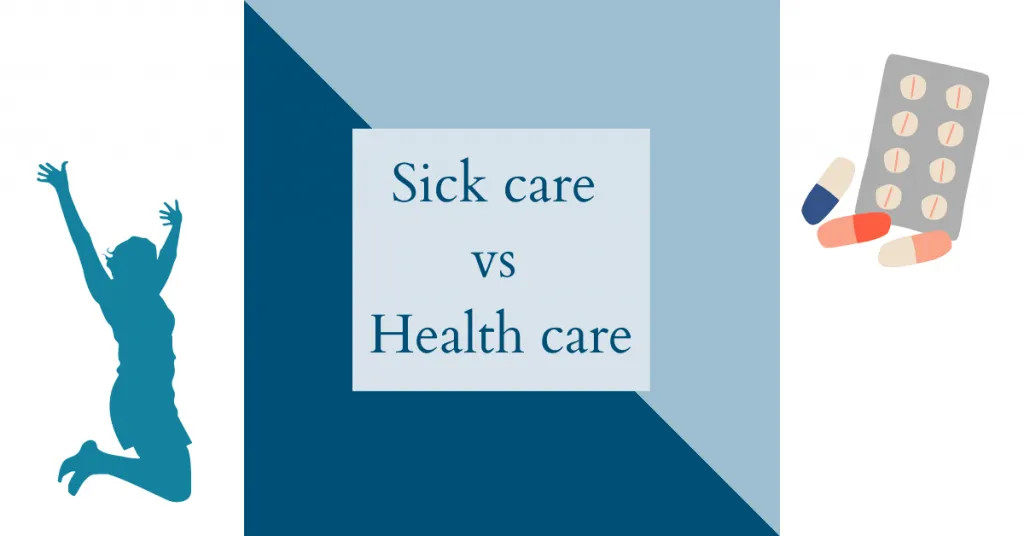
When conventional treatment goes wrong
I recently had a consultation with a prospective new client I couldn’t wait to share with you. His story is a powerful testament to the importance of exploring alternatives beyond conventional medicine, if that model isn’t serving you.
This client, let’s call him Joe, had been struggling with type 2 diabetes, hypertension, and excessive weight, weighing over 340 lbs. His doctor had prescribed multiple medications, including Insulin, Glipizide and Metformin. However, instead of finding relief, Joe experienced troubling side effects. Metformin caused chronic diarrhea, while insulin led to further weight gain.
Be your own advocate
Motivated and keen on researching his condition, Joe discovered a wealth of information on naturally reversing type 2 diabetes and the potential downsides of relying solely on medications (which don’t reverse the disease). When he voiced his concerns to his doctor, she dismissed him, suggesting that diet changes wouldn’t make a difference and he should resign himself to a lifetime of medication.
Even more perplexing, she set minimum insulin doses, insisting he take more if his blood sugar dropped to 90 before meals. It made no sense to Joe (or to me) since insulin would only drive blood sugar down further. Also a pre-meal blood glucose level of 90 is not too low but rather within the ideal range of 70-90 when fasting or before eating.
Joe firmly believed that the medications were not helping but, in fact, making him sicker. His hemoglobin A1c consistently climbed above 9%, well above the optimal level of below 5.3%. When his doctor insisted on keeping his blood sugars high and increasing insulin dosage, he reached his breaking point. He immediately fired her and even switched insurance providers entirely.
Taking matters into his own hands, Joe made significant dietary changes, reducing his carbohydrate intake, and gradually weaning himself off all medications. While I strongly advise against altering prescription medications without medical supervision, I know many individuals do so due to their doctors’ reluctance to help them explore alternatives. This can be risky, so I encourage everyone to find a medical professional who will support their journey toward reducing medications rather than taking unnecessary risks.
Conventional medicine isn’t the only option
This week, Joe reached out to me, seeking validation that his current plan wasn’t harming him and looking for additional recommendations to shed another 60-70 lbs. Despite the lack of support from his doctor, he has made remarkable progress. He now weighs 308 lbs, lowered his A1c to 6.9, and no longer has hypertension. This serves as undeniable proof that the medications were not helping him, and his nutrition plan is playing a pivotal role in reversing this disease.
It’s important to note that Joe’s situation involves type 2 diabetes, which differs significantly from type 1. Type 2 diabetes is characterized by high insulin levels and resistance to those high levels. While injecting insulin and taking Glipizide (which forces the pancreas to produce more insulin) helps “manage” blood sugar levels by overwhelming the system with insulin, it contributes to the progression of the disease and further resistance to the hormone. This means that individuals would require increasingly higher doses of insulin to “manage” their blood sugars. Insulin is a vital hormone, but it’s a delicate balance — too much or too little can contribute to various diseases. Excess insulin not only hinders the utilization of stored sugars and fat for energy but also promotes fat storage, alters thyroid function, and increases the risk of cardiovascular disease.
Lacking objective data for tracking
One significant missing link in Joe’s journey was the lack of comprehensive lab testing from his doctor. Despite repeated requests, his doctor refused to conduct thorough tests, including fasting insulin and other vital markers. Consequently, Joe has never had his insulin levels tested, nor does he possess data on fasting glucose, lipids, liver health, inflammation, or any other crucial information about his overall well-being.
During our work together, we will be gathering objective data using a comprehensive blood chemistry panel, which includes fasting glucose, fasting insulin, a current hemoglobin A1c, as well as markers to assess liver, kidney, adrenal, immune system, inflammation, cardiovascular, and thyroid health. All of this is vital to him living a long, healthy, and vibrant life. Additionally, we will monitor his blood sugars in real-time using a continuous glucose monitor—a small device worn on the arm that constantly measures blood sugars.
It isn’t just about blood sugar
Although it’s early in our journey, the initial blood work already reveals high levels of inflammation, insulin, blood sugar, unhealthy lipids, a B vitamin deficiency, vitamin D deficiency, liver imbalances, thyroid imbalances, digestive dysfunction, and possible underlying infections.
Stay tuned for future updates as we work together to naturally restore balance to Joe’s body.
If you’re intrigued by the possibilities of gathering this kind of data for yourself, I invite you to schedule a complimentary Holistic Health Strategy Session. Let’s discuss your personal situation and explore the potential paths to your well-being.





















0 Comments